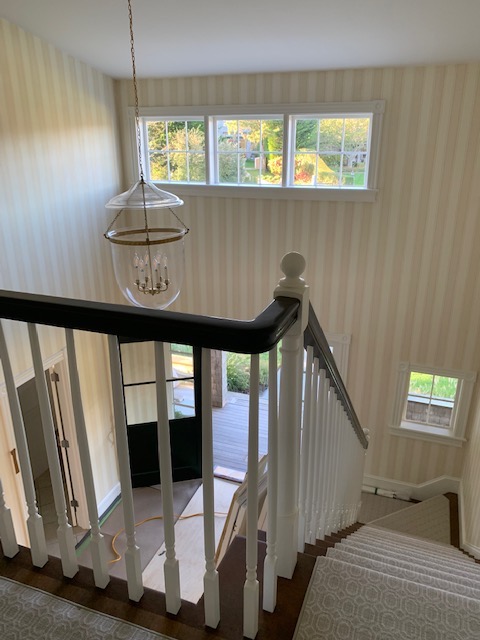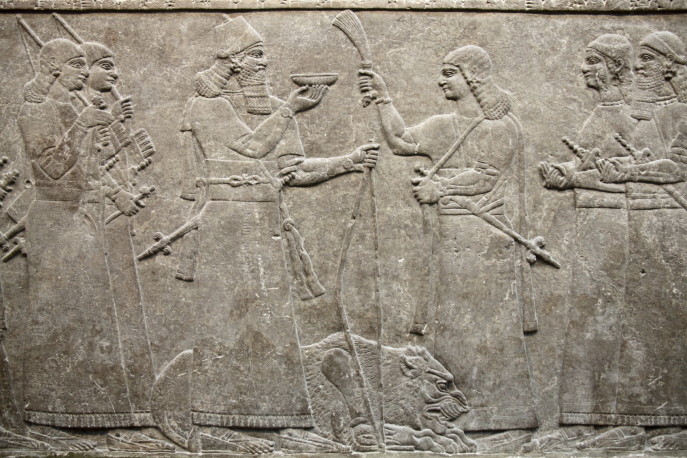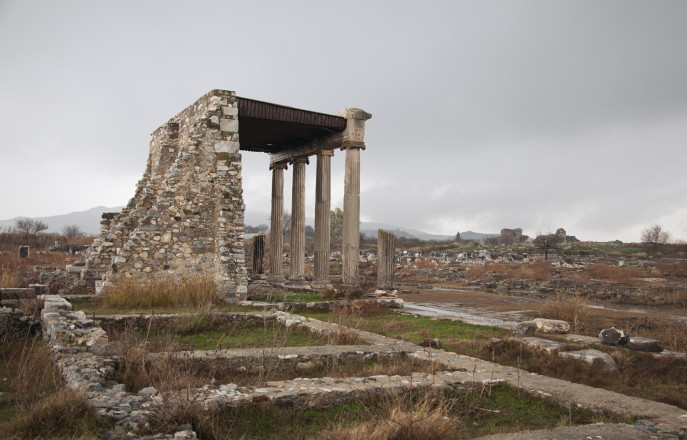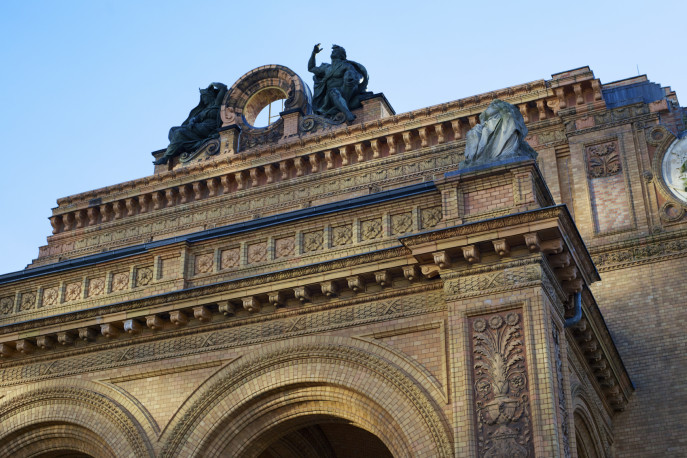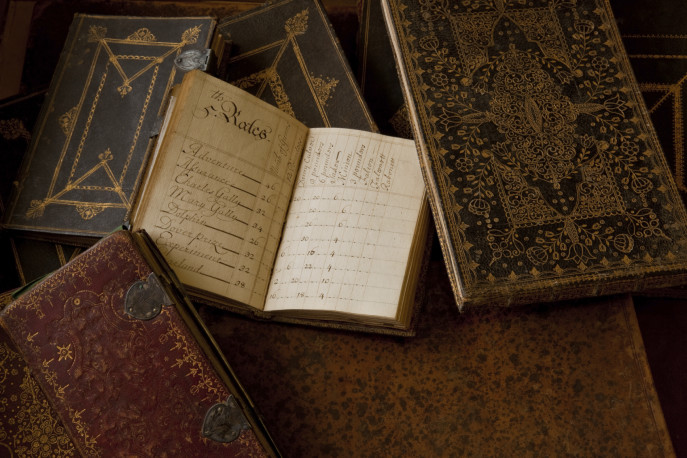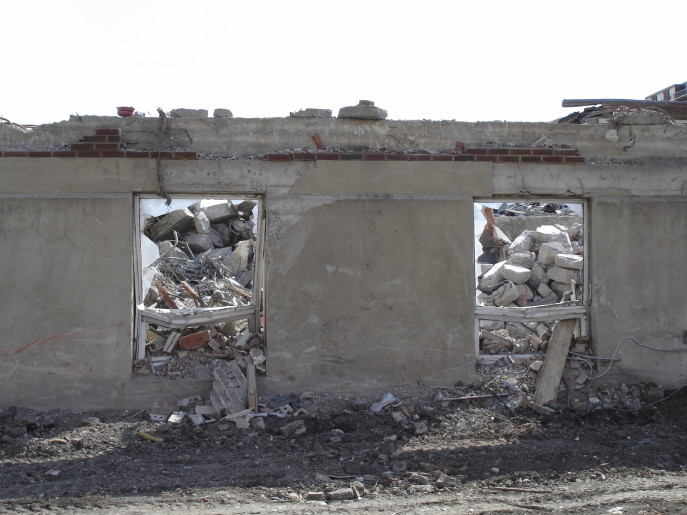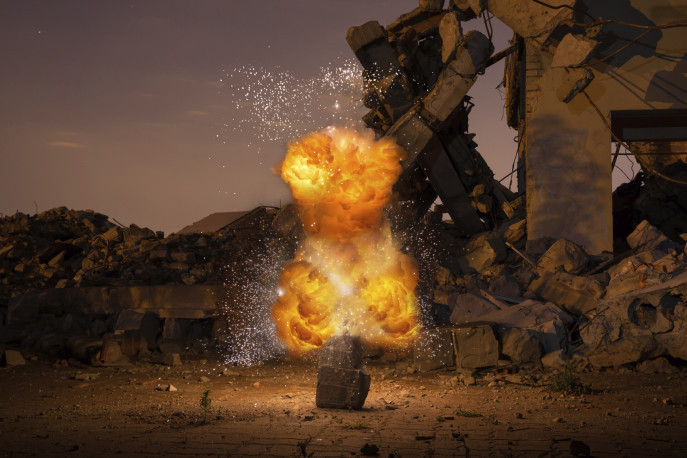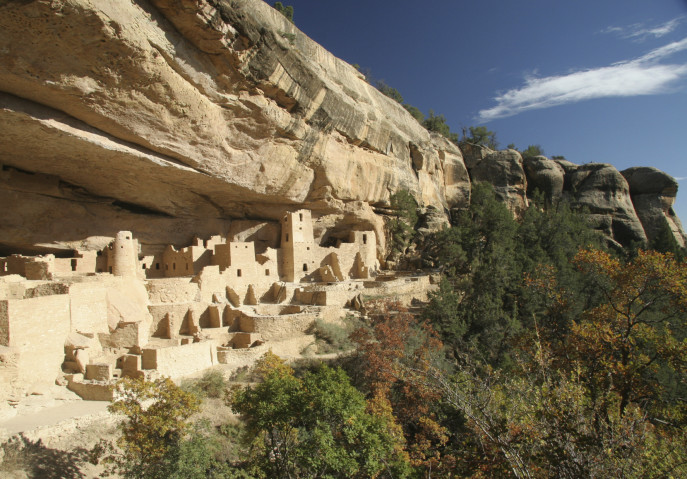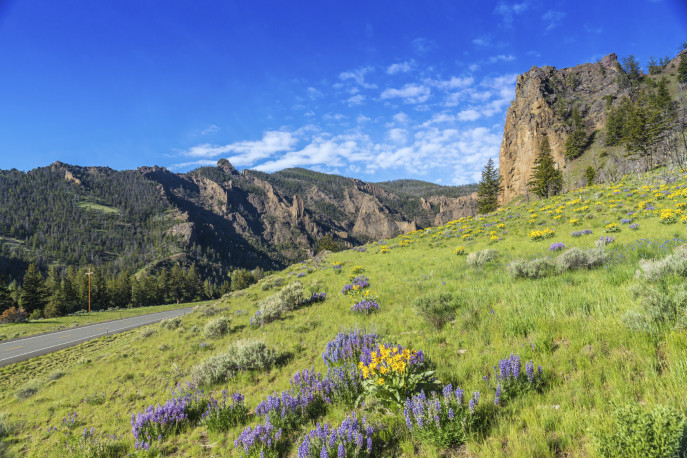photo from istock
Our world is blessed with the awe-inspiring remains of ancient civilizations, cultures, and ways of worship from centuries in the past. Although natural disasters, acid rain, and the ravages of time threaten some of them, others have been destroyed or are in peril due to human violence and wars.
photo from istock
If you’ve ever watched the movie The Monuments Men, you know the true story of a platoon in World War II, racing to save priceless artwork stolen by the Nazi’s. The idea of saving our cultural history and artifacts in times of war is not a new one, but the danger to some of the world’s most stunning Heritage Sites is reaching emergency levels of concern today.
photo from istock
In what the United Nations is calling “war crimes,” ISIS fighters are attacking archaeological sites throughout Iraq and Syria with sledgehammers, power tools, and bombs. They are deliberately seeking out areas of cultural history, and systematically destroying them. Among others, they have targeted the Mosul Museum, Iraq’s second largest museum of antiquities, that was in the process of being rebuilt after being damaged in the 2003 Iraq War. Fortunately, many of that museum’s artifacts had been safely moved to the The Baghdad Museum for safekeeping, although there were roughly 300 rare pieces remaining. Thousands of books and rare manuscripts were burned from the Mosul Library.
photo from istock
ISIS has also bulldozed the ancient ruins in the nearby city of Nimrud. Nimrud was a city in the Assyrian kingdom, which flourished between 900 and 612 B.C. E. An unnamed fighter was quoted by CNN as saying, “These antiquities and idols…were from people in past centuries and were worshiped instead of God. When God Almighty orders us to destroy these statues, idols and antiquities, we must do it, even if they’re worth billions of dollars.”
photo from istock
In March of 2015, the United Nations issued a statement saying that neighboring Syria’s “rich tapestry of cultural heritage is being ripped to shreds.”
photo from istock
Sadly, ISIS has demolished the Temple of Baalshamin in Palmyra, Syria. In May, 2015, the world watched while the extremist group threatened to destroy it. Built 2,000 years ago, its columns and pilasters were reduced to rubble. Satellite images have confirmed its destruction, along with the Roman-era Temple of Bel and three ancient funeral towers nearby.
UNESCO, the United Nations’ Scientific, Educational and Cultural Organization, charged with “building peace,” has denounced the demolition of irreplaceable antiquities as “a form of cultural cleansing.” Their Unite4Heritage campaign was launched to protect the world’s treasures from extremists.
In addition, UNESCO has teamed with The Institute for Digital Archaeology (a joint venture between Harvard and Oxford Universities) to launch the Million Image Database Program. The organization hopes to distribute 5,000 3-D cameras in conflict zones around the world, allowing people to document important structures. If the sites are destroyed, they can perhaps one day be replicated.
UNESCO has a new website where you can learn about the global movement to safeguard cultural heritage and diversity worldwide. Unite4Heritage is encouraging everyone get involved in the following seven ways:
Post support to social media: Use Facebook, Twitter, and Instagram to tell the world what cultural heritage means to you. Take photos of your favorite heritage sites and cultures and explain why they matter.
Explore heritage in your local community: Find World Heritage sites nearby, or visit your area’s cultural institutions and explore the role of cultural heritage. (There are 23 sites in the United States, including many in national parks.)
photo from istock
Organize a #Unite4Heritage event: Stand in solidarity with heritage under attack around the world. Invite heritage sites, museums and cultural institutions in your area to participate, and work with local media to cover the event.
Let your government know why heritage matters: Act as a #Unite4Heritage ambassador in your community by contacting your legislative representatives. Let them know why our heritage must be safeguarded for future generations.
Volunteer to safeguard heritage: Get in touch with heritage sites in your area to see how you can assist in safeguarding them.
photo from istock
Donate to the Heritage Emergency Fund: The fund contributes to the protection of natural and cultural heritage from disasters and conflicts by preparing for and responding to emergencies.
Stay up to date on campaign news: Follow Unite4Heritage on Facebook, Twitter and Instagram.
I believe in The Power of One. We can each make a difference! Let’s not give up our cultural memories without a fight.

